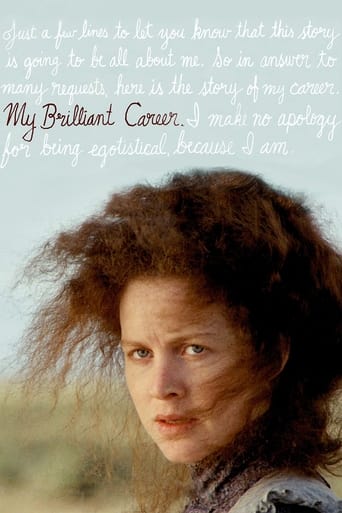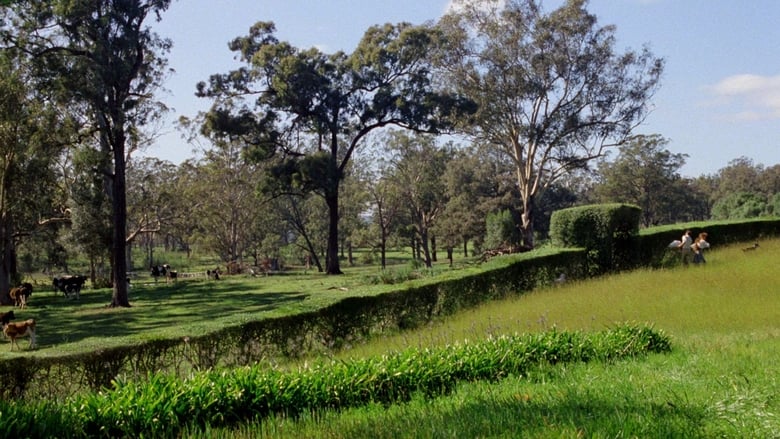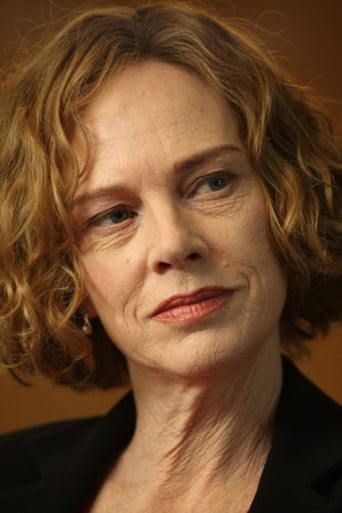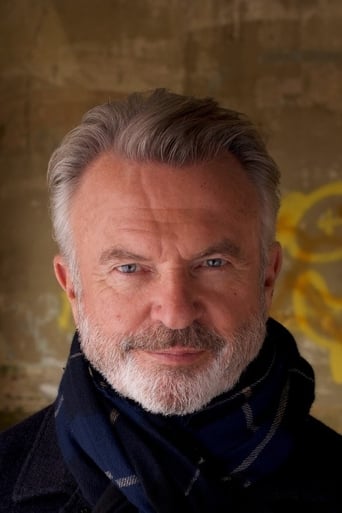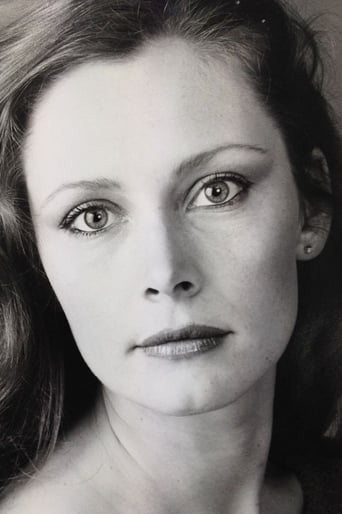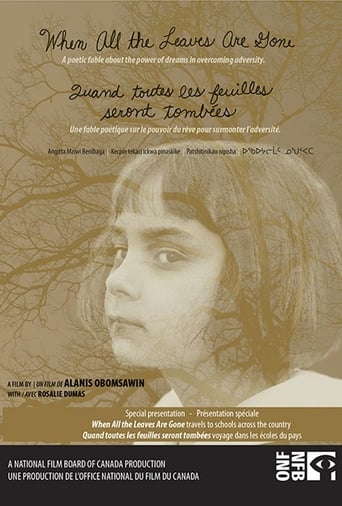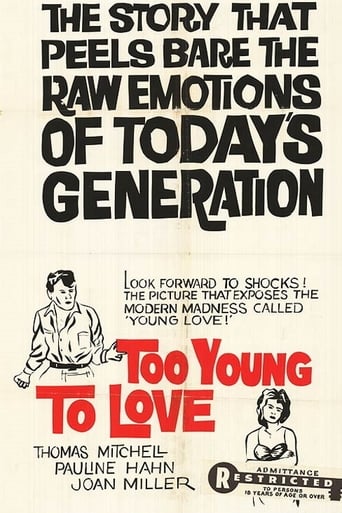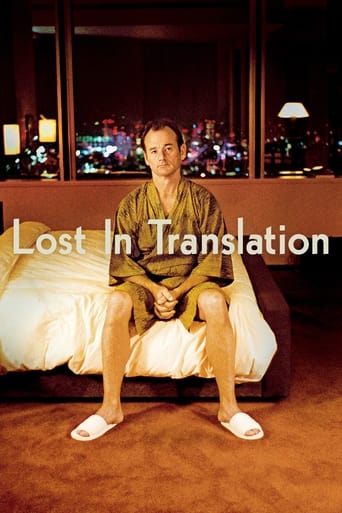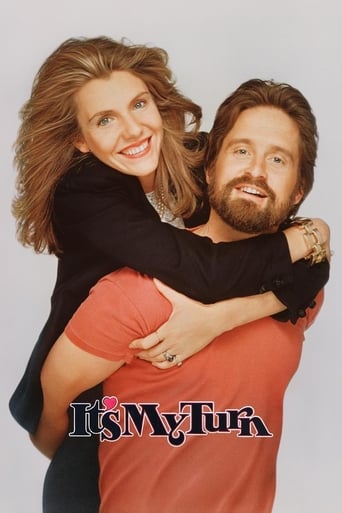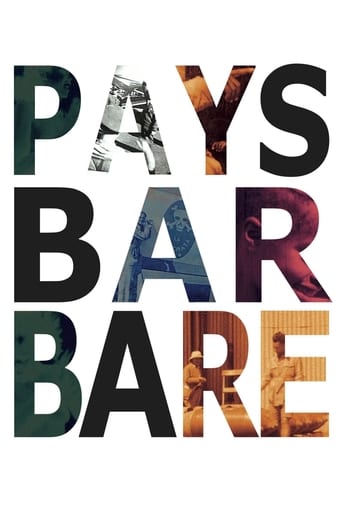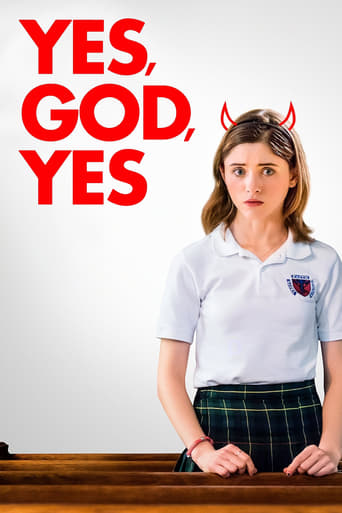My Brilliant Career (1979)
A young woman who is determined to maintain her independence finds herself at odds with her family who wants her to tame her wild side and get married.
Watch Trailer
Free Trial Channels
Cast


Similar titles
Reviews
Some things I liked some I did not.
I am only giving this movie a 1 for the great cast, though I can't imagine what any of them were thinking. This movie was horrible
A film of deceptively outspoken contemporary relevance, this is cinema at its most alert, alarming and alive.
Yes, absolutely, there is fun to be had, as well as many, many things to go boom, all amid an atmospheric urban jungle.
I spotted this title in the book 1001 Movies You Must See Before You Die, and then I spotted that it starred the lead actor for Jurassic Park, so I was intrigued to see what it involved, from director Gillian Armstrong (Little Women, Charlotte Gray). Basically, set in 1890's Australia, Sybylla Melvyn (A Passage to India's twice BAFTA winning Judy Davis) is the headstrong free spirited heroine, her family have had some ups and downs with poor business decisions and her father drinking heavily. She is relieved to be sent to live with her grandmother on her property where things become more comfortable, and there she meets young wealthy Harry Beecham (Sam Neill), who at first she finds a little annoying. But he falls in love with her and eventually proposes marriage, but she is convinced she is ugly and too tomboyish, therefore she does not believe that he truly loves her. After dismissing the proposal Sybylla's father's drinking has caused them to become caught up in debt, so she goes to work for an almost illiterate neighbour and family they owe money to as a housekeeper. She becomes accustomed to this job to the point where she doesn't mind doing it, but she is relieved to be sent home and kept away from the son of the family who apparently was falling for her. Then Harry returns to ask her to marry him again, but she once again dismisses him saying that she will make him unhappy, and wants to continue her writing and successful, which of course she did and wasn't afraid to brag about in her text at the beginning of the film. The film ends with her concluding the book she started in the opening, and we see her posting the manuscript, this is the conclusion and seemingly a suggestion that the film is about her brilliant career, or rather how it starts. Also starring Wendy Hughes as Aunt Helen, Robert Grubb as Frank Hawdon, Max Cullen as Mr. McSwatt, Patricia Kennedy as Aunt Gussie, Aileen Britton as Grandma Bossier, Peter Whitford as Uncle Julius, Alan Hopgood as Father and Julia Blake as Mother. Young Davis gives a well assured performance as the leading female character, and Neill is pleasantly cool and relatively charming as the possible love interest for her, I will admit I may not have caught up with everything going, but from what I gathered it is a pretty watchable period drama. It was nominated the Oscar for Best Costume Design, and it was nominated the Golden Globe for Best Foreign Film. Very good!
Don't get me wrong, I like Judy Davis & I like this movie because of the nice chemistry between her and Sam Neill. Sam sure was handsome when he was younger (still looks good now too, though).In the end I didn't get the main character because her behavior didn't make a lot of sense to me. If Sam Neill's character was an idiot I would understand, but he was about as perfect for Davis' character as she could ever hope for & her "career" didn't seem like much of a lifestyle......so her actions left me perplexed.Still, the movie was well done & the scenery was interesting. It kept me engaged until the end....however, when the final credits rolled I was left scratching my head.
Sometimes a life in film brings an experience like this. Its oddly tense in some dimensions and relaxed in others and the balance between the two seems distinctly Australian. I hadn't seen this when it was new, and I'm glad. Seeing a great film for the first time is a distinct pleasure.I can think of only two similar pleasures in life.Reviewers often focus on the story; its the common currency for discussion. The interesting fact behind the power of this movie is that the story is incoherent, poorly developed. There are a few main characters and none of them are attached to what are considered necessities for storytelling. They aren't introduced, we see them only through the effect of their presence. They don't develop. They influence nothing.The main character is presented as a sort of Jane Austen both an Austen woman encouraged to marry, and Austen herself as a sort of author-in-her-own-book, like we saw in the 1999 film of Mansfield Park. But the odd thing is that we have Austen in Australia, the role and all the expectations without the baroque mechanics of society swirling around. Instead we get cows and sheep.And emptiness, a cinematic vastness that even the US hasn't yet produced, despite Terence Malick.So the incompleteness of the story is part of the genius of the thing. Our heroine doesn't have an Austenian future, instead becomes a backcountry Louisa May Alcott or George Sand. Indeed, Davis did go on to play Sand and Anderson went on to direct "Little Women." What our filmmaker has done is create a story where we subconsciously notice something is missing. And then she fills it with two things, this translucent actress and a similarly translucent open landscape.First the landscape. Watch the opening of this. Its genius, shooting from outside in, peering in through windows and doors while we see literally the story beginning to be written. Then we shoot from the inside through the same windows out and see a dust tempest beginning.This notion of space, inadequate enclosure, book and heroine conflated into them and weaving through them was copied after a fashion in the opening for the 2005 "Pride and Prejudice." Here, it is fresh, original, shocking. Effective, even life-affirming.You can see a similar master vision in how the ending is shaped. We see our woman, a best friend by this time, going to mail her book to us. She approaches the fence and her dog scurries under, unconstrained by fences. Its a small thing, but by then we've become aware of how wonderfully our hidden woman behind the camera has shaped everything so minutely. That dog moves under the gate naturally, using a gait and hole that can only have come through hundreds of such exits. I have no idea how Anderson did it.And now to Ms. Davis. Over time you pick things from the film vocabulary that you cleave to, things that naturally tip into the bucket of your soul. One of these for me is a certain type of folded acting I've noticed in Australian actresses. Blanchett, Winslet are the ones I follow deeply.But you can see it here and I imagine that this is the first appearance of the style in a competent film. In my own historiography, Judy Davis invented it and does so here. If you watch her manner, you can see Cate. The style is what I call folded, where we get both the character and a higher level communication from the actor about the character.We have a few folded actresses. What's even rarer is when the actress is intelligent and skilled enough to place that higher fold in the center of the filmmaker's intention. It happens here. Its beautiful, on a simpler level echoing the fact that we see a book, its making, and various considerations about the making of the book.Because it is this sort of translucent folding, we see Cate when we see Judy.You won't soon forget that.I'm putting this on my list of films you really must see. Readers may be shocked. I only allow myself two from any given years and this year gave us "Alien," "Apocalypse Now," "Manhattan," and "Tree of Wooden Clogs," all of which are bumped by this. But this will change you, a female Herzog, unHerzog.Now if I can only see "High Tide." Ted's Evaluation -- 4 of 3: Every cineliterate person should experience this.
If not to see a young Sam Niel or for the gorgeous landscapes of Australia that set the film, see this movie for an interesting viewpoint on feminism and the outback all in one. The main character, Sybylla, is constantly insulted by her alleged friends and family, though they don't intend it directly. Her character's flaky-ness doesn't help her plight as a female in a society hell-bent on marrying her off, but the character's story is worth renting this for.

